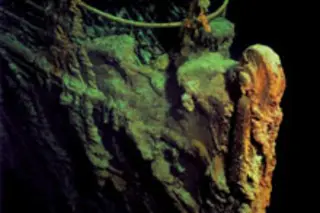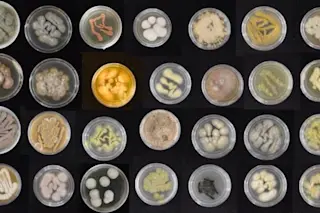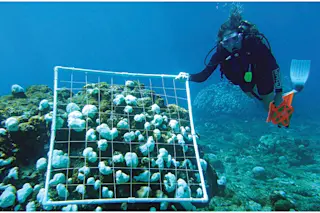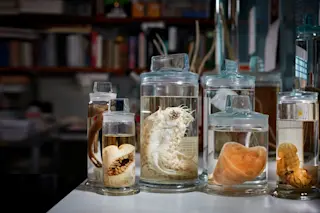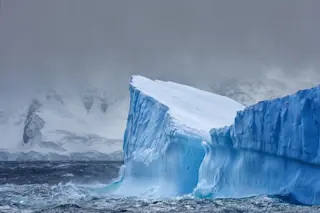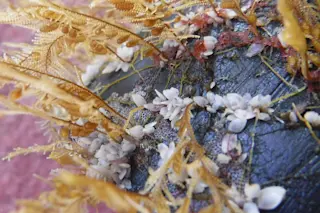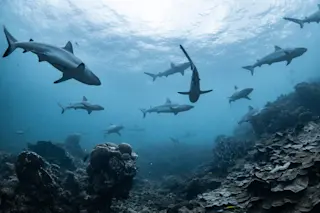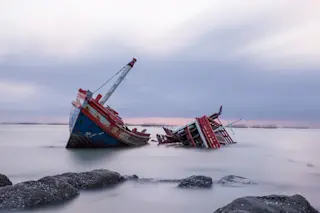The name Titanic means so many things: the gigantic, disastrous ship; a record-breaking and award-winning movie; and now, a new iron-eating bacterium found in the boat's underwater grave. Says maritime historian Dan Conlin:
"What is fascinating to me is that we tend to have this idea that these wrecks are time capsules frozen in time, when in fact there [are] all kinds of complex ecosystems feeding off them, even at the bottom of that great dark ocean." [Our Amazing Planet]
The new species of bacteria, named Halomonas titanicae, is described in this month's International Journal of Systematic and Evolutionary Biology. The bacteria is slowing eating away at the 50,000 tons of iron in the wreck, which has been under the ocean for 98 years. H. titanicae appears to digest iron and turns it into knobs of corrosion products.
Study coauthor Henrietta Mann says the bacterium's efficiency makes her fear for ...


